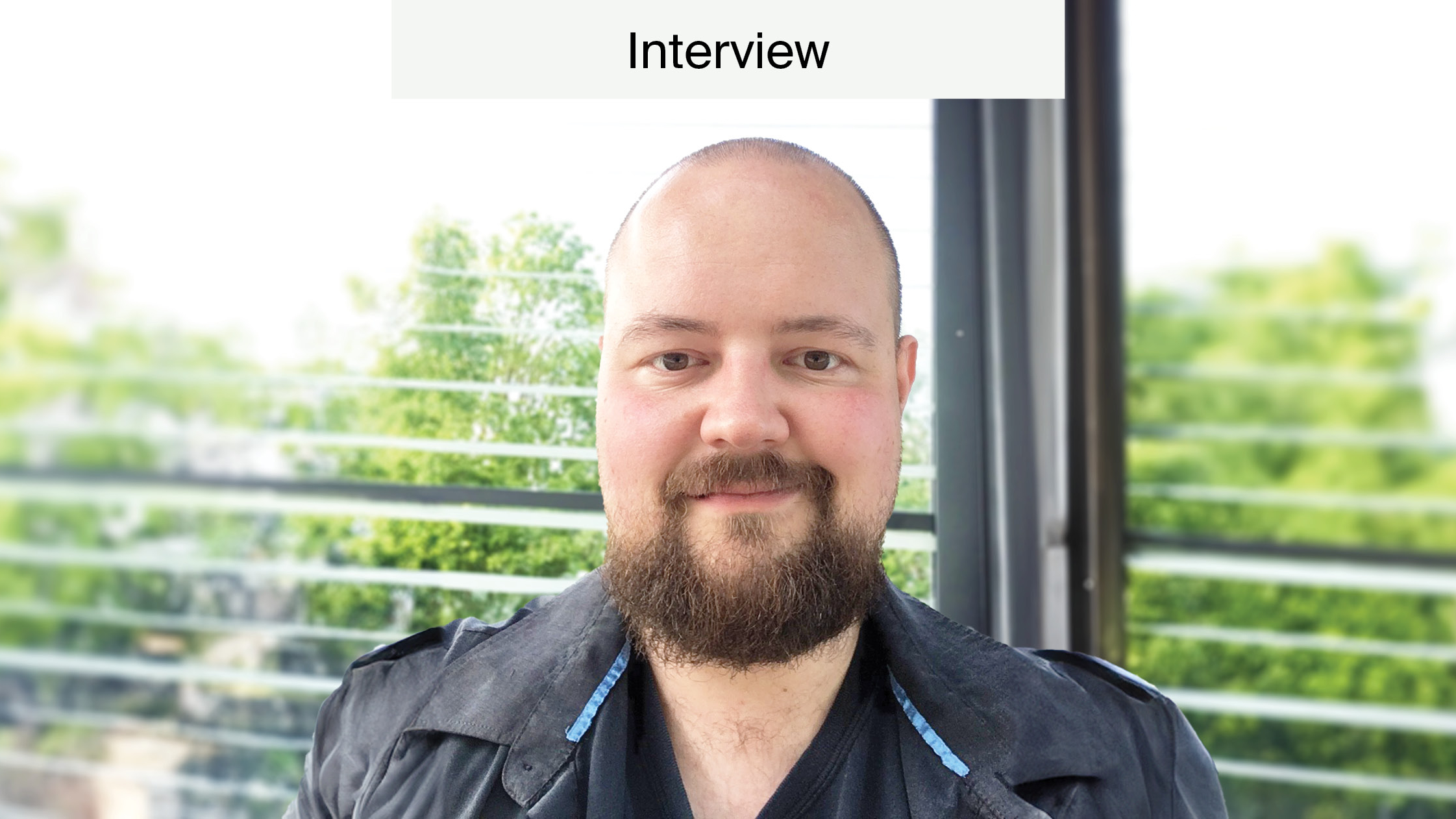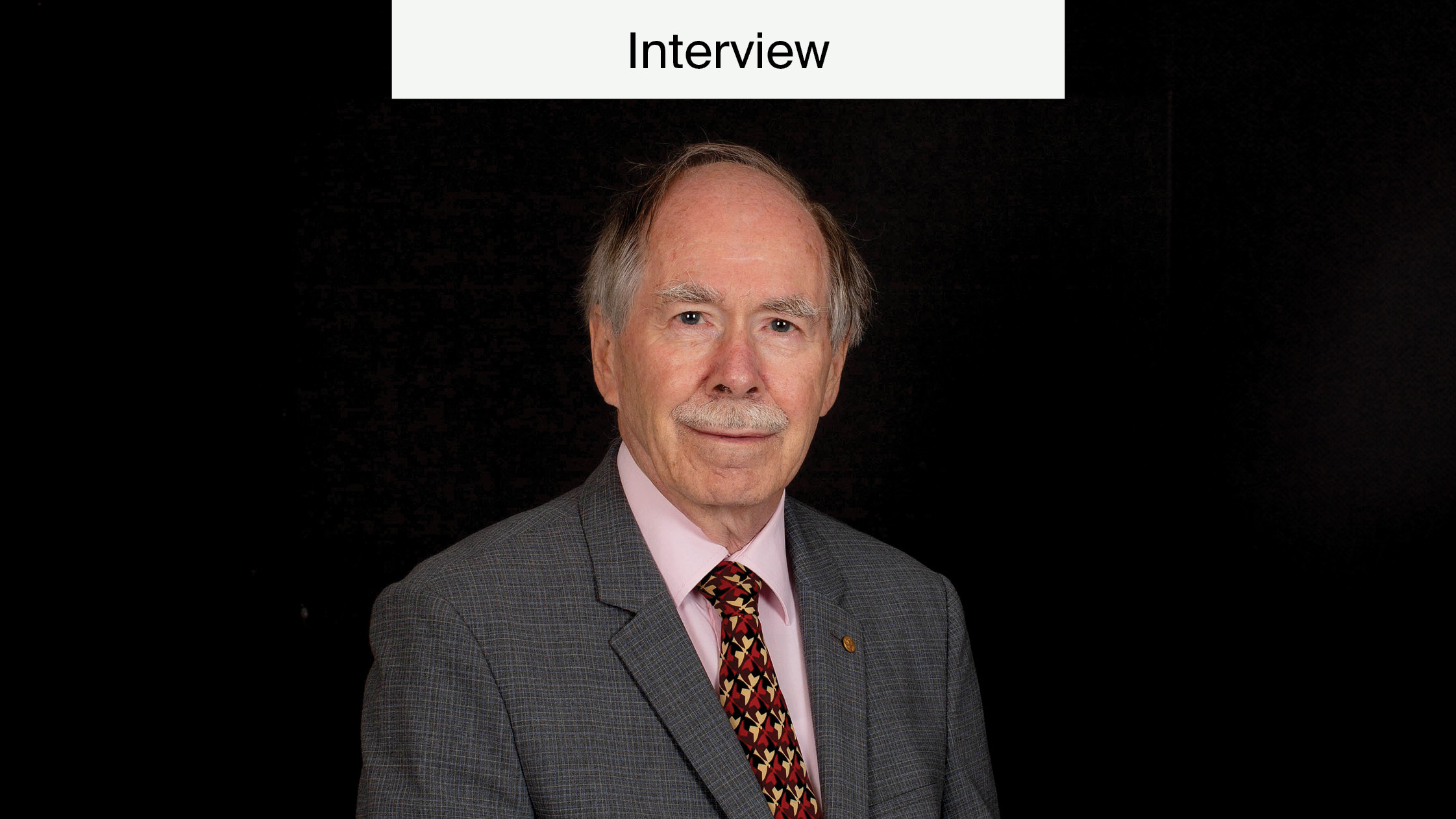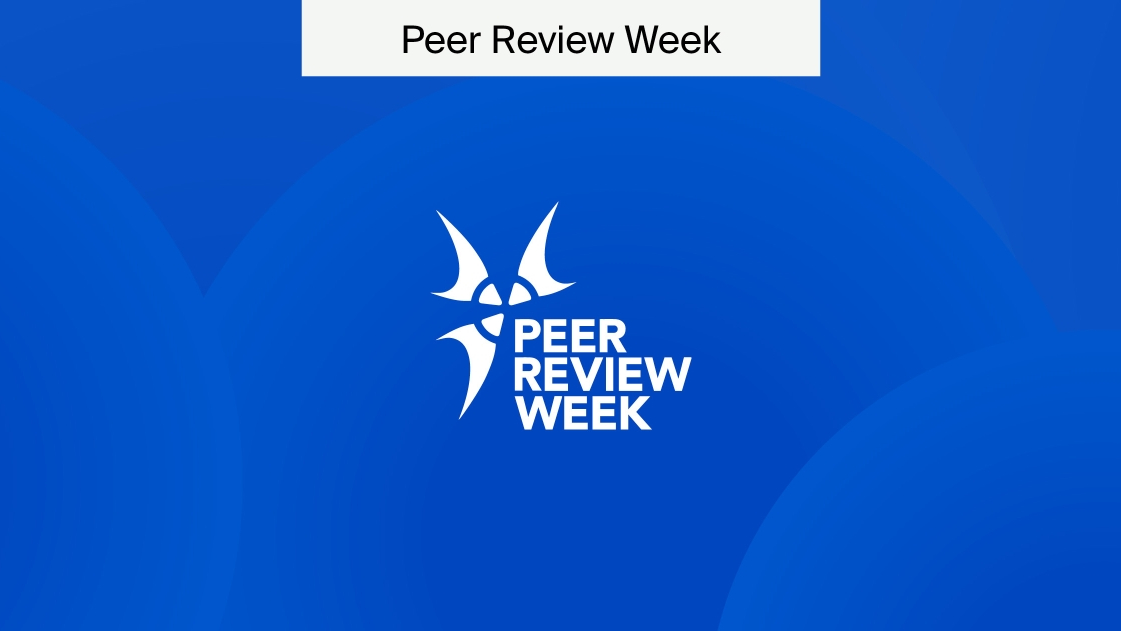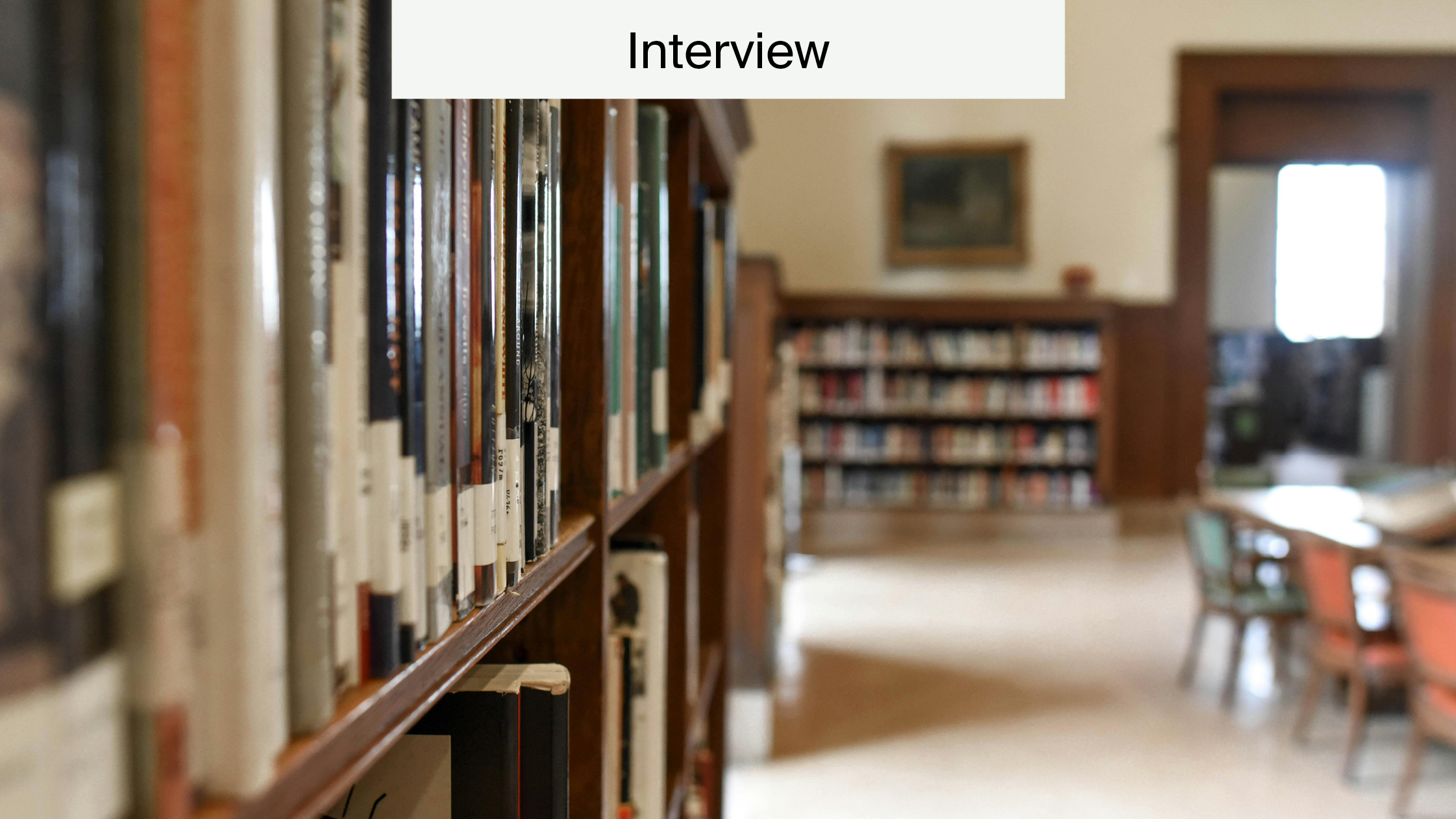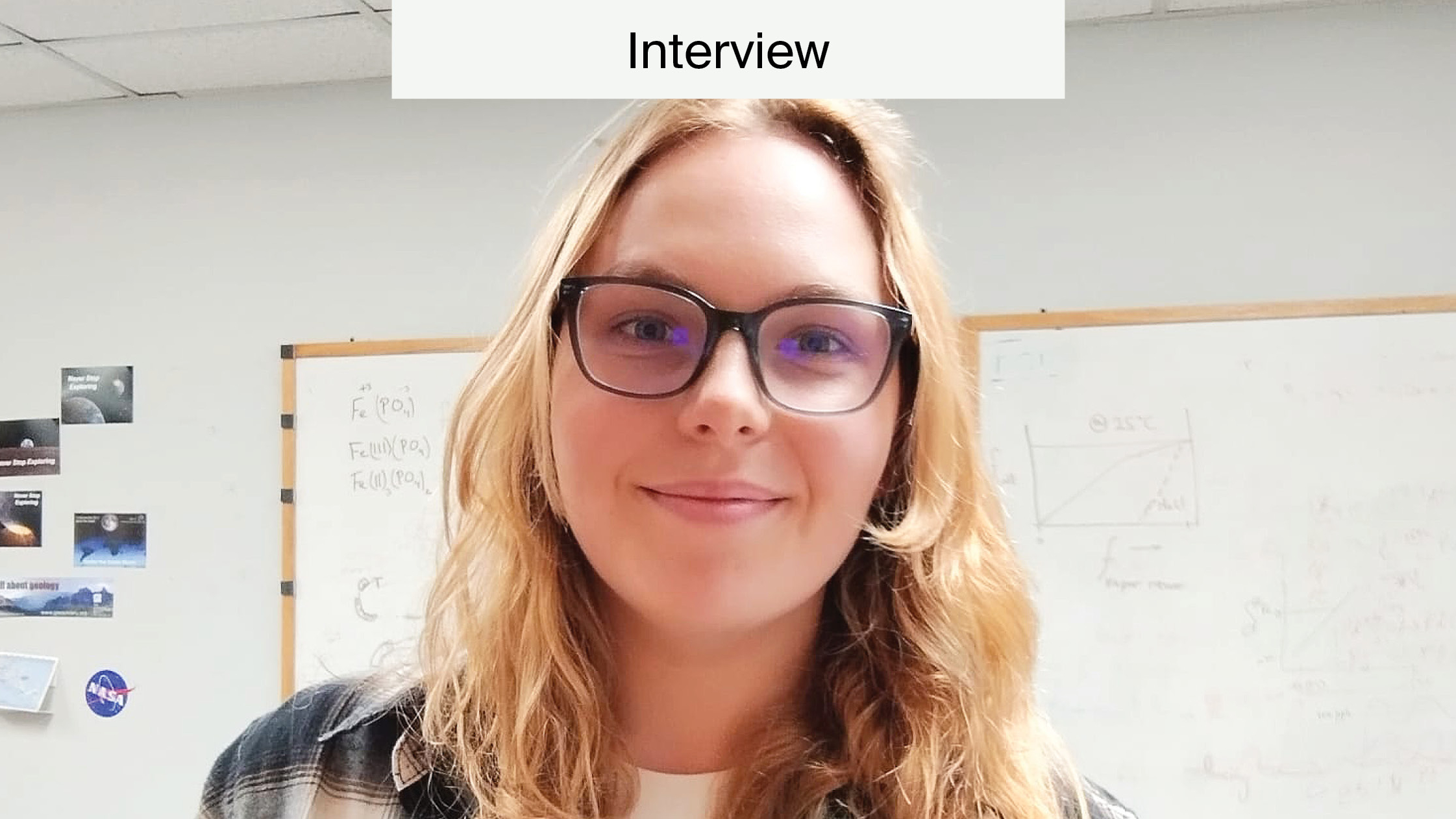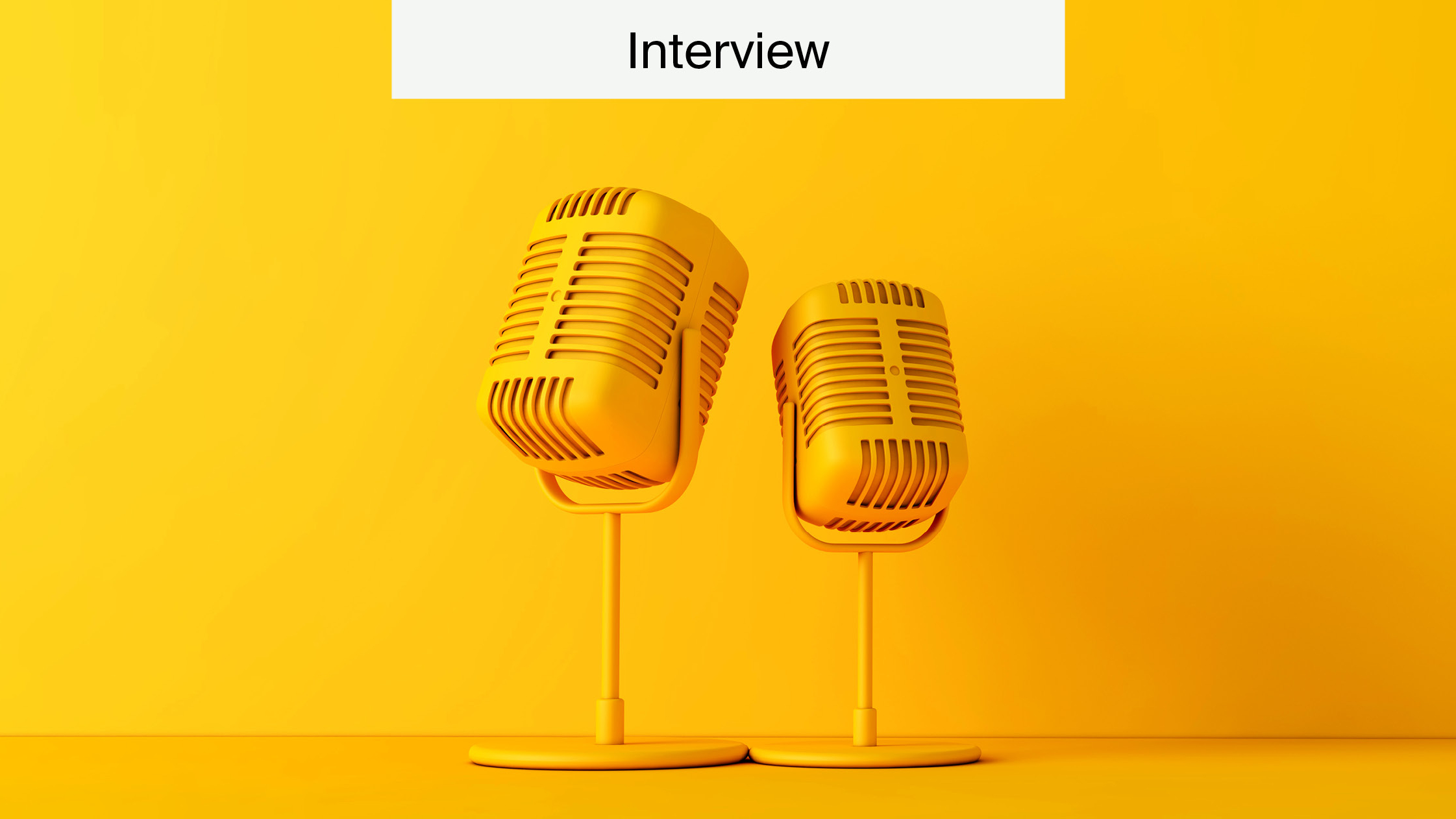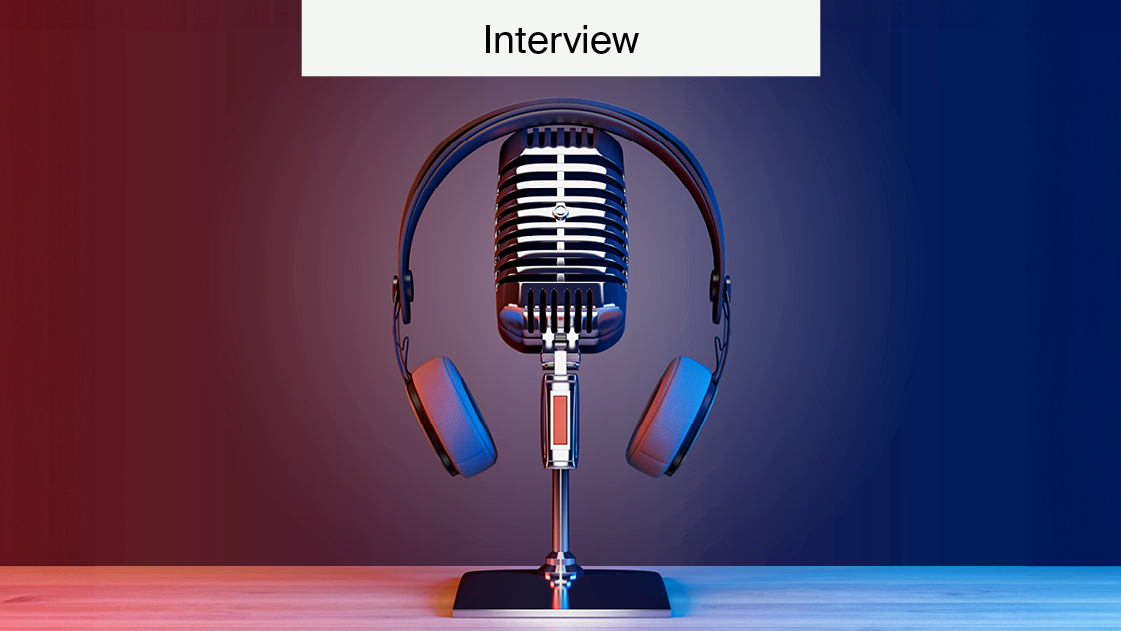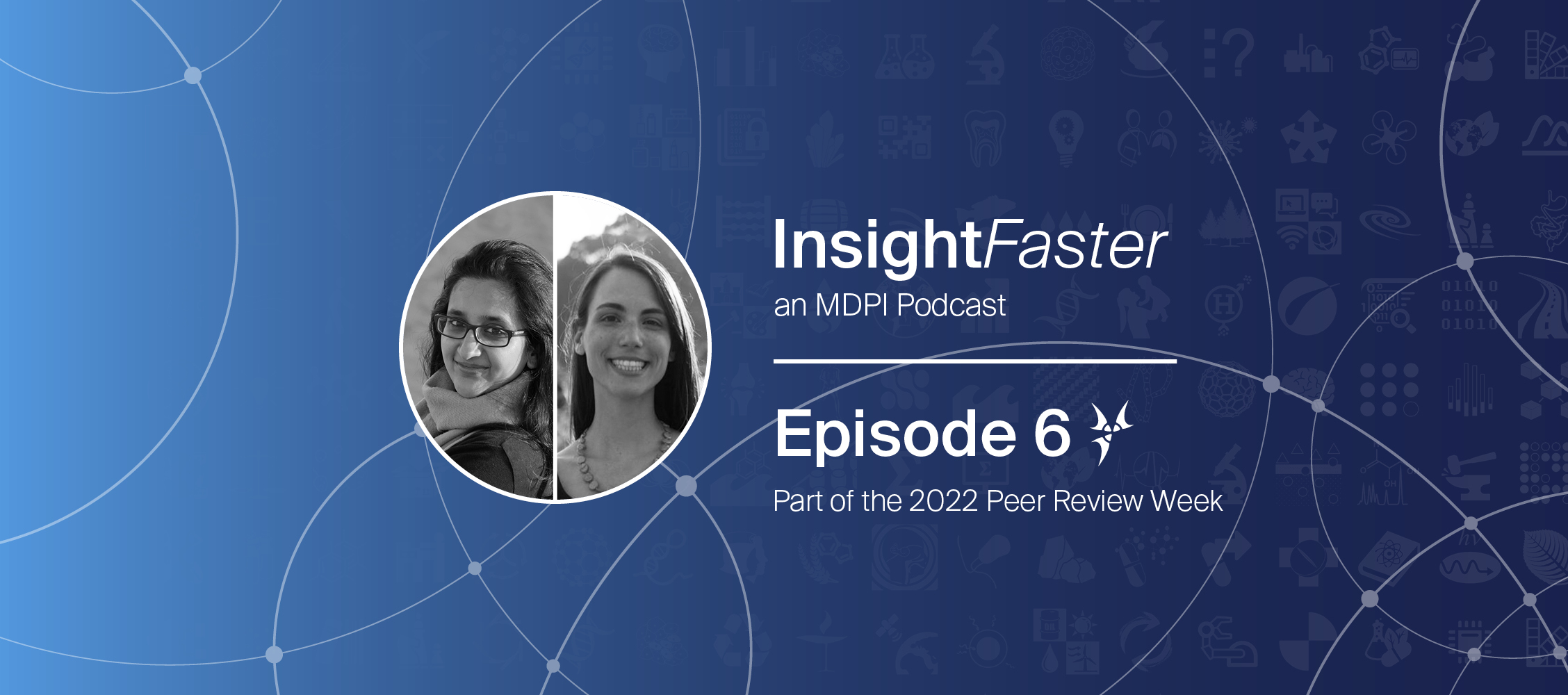
Insight Faster (Episode 6): Peer Review Week 2022 with Jayashree Rajagopalan and Danielle Padula
This year for Peer Review Week 2022 we were delighted to have an opportunity to sit down the Jayashree Rajagopalan (Senior Manager of Global Community Engagement for CACTUS) and Danielle Padula (Head of Marketing and Community Development at Scholastica), co-chairs of the Peer Review Week committee. In this fascinating and at-times meta conversation, Stefan Tochev and Unai Vicario ask questions about our guests, the state of peer review, and where things might be heading.
Here are some links to some interesting articles about Peer Review Week 2022:
MDPI’s Peer Review Week Content
Perspectives on Research Integrity in Peer Review survey that Jayashree mentions in the interview.
Listen to Insight Faster on Apple or Google Podcasts or wherever podcasts are found, just search for Insight Faster!
To find out more about this subject (or pretty much anything else), or to submit a paper to any of MDPI’s journals, head over to the MDPI website.
If there’s anything in particular you’d like to hear about on the MDPI Podcast, email us at: blog@mdpi.com
Transcript
Minor edits have been made for the sake of flow. The interview, as presented in the podcast episode may have been edited for duration.
[Interview Begins]
Stefan Tochev: So, welcome and thank you very much for joining us for this conversation for peer review in support of research integrity. It’s an important discussion and topic and very interesting theme and I love how you’ve also went about selecting the theme. You’ve opened it up to the audience and see how people vote, so that’s an interesting approach. I’d love for us to discuss during this call as well. But before we get into anything in particular [given] the topic at hand maybe just a few minutes if you can introduce yourselves for our listeners and share a bit about your duties and a bit about your background.
Jayashree Rajagopalan: Sure, absolutely.
Danielle Padula: Jayashree, do you want to go ahead and start?
JR: I was just about ask you if you want to go ahead and start. [Danielle laughs] I’ll go. So, hi, my name is Jayashree, Jayashree Rajagopalan, I am with Cactus Communications which is a global technology company. We focus on providing solutions and services for researchers and we work with a lot of publishers and institutions. We’ve been around since 2002. And I have been a part of the Peer Review Week committee for the past 5 editions, actually. For the past 2 years I’ve been a coach at Peer Review Week with Danielle. It’s been a fantastic experience. We can share more about it as we go. But in my role, I lead author community engagement at Cactus. So this essentially means that I speak to a lot of researchers and try and come up with solutions to provide a sort of safe space where researchers can get together talk about what they are expecting from each other. You know, maybe try to provide a talking platform for them. How can they talk to peer reviewers or editors. So that’s the kind of work I do, it’s pretty exciting. And being with Peer Review Week gives me the other side of engagement, where I can speak with people who are involved in scholarly communications in a different level. So this sort of gives me a really nice set of perspectives to deal with, and yeah, really excited to be here.
ST: Awesome. Thank you.
DP: My name is Danielle Padula, I’m with marketing and community development at Scholastica. For those unfamiliar with us, Scholastica is a web-based journal management software provider. We have modular software and services, we have a [peer-review] system, a digital first article production system, and open access journal hosting platform. All of our solutions are designed to help small and medium publishers work smarter and really meet the latest industry standards sustainably, so things like having rich metadata, being able to connect to different archives and indexes, all of that good stuff, in a way that is sustainable for people and the organization and also financially sustainable in these times of rapid change. We’ve been around since about 2012, which is exciting and kind of hard to believe, so we’re coming up on our ten-year anniversary now. And our mission is really to empower scholarly organizations of any size to publish, disseminate, and share top-quality research more efficiently and affordably than traditional options so that they can focus on furthering their missions and scholarly research in their fields. Personally, I love what I do, I get to head up a lot of our content development at Scholastica, we’re a very a resource and education driven organization working with journals across the spectrum, from scholar start up journals like Discrete Analysis, which was launched by Timothy Gowars over at Cambridge, about 5 years back now… it’s hard to believe, maybe more? And we also work with larger publishers, so University of California Press, the publisher that we work with, MIT Press, Penn Press, things like that—so, we run the gamut and its really exciting for me I think to be able to work with, help produce resources for and sort of elevate the platforms of these different publishers, and I’m so excited to be a part of Peer Review Week this year.
ST: Awesome, thank you so much for that introduction. It’s so cool to hear, not only your experience, but also your involvement in Peer Review over the past, like you said Jayashree, 5 years and how have you seen it evolve over those 5 years, what if you were to reflect back on it. I mean [there was] phenomenal participation in the poll as of recently compared to last year. So, you’re seeing the audience and engagement but in general what are some things in the way you’ve seen it evolve in the past 5 years, or in the past few years even in general?
JR: Great question. When I first started participating in the Peer Review Week committee discussions, I was very wide-eyed, you know? There were people I looked up to, I read their work, and it was very exciting for me to be involved in trying to set up activities with everyone else. For me, from the beginning, it has been truly about community. It has been about people who might, to be very honest, in another space, compete with each other. But Peer Review Week is a level of… it brings everyone together, and irrespective of what your personal interests are, or what your organization’s interests are, it’s that one week, that one even that brings everyone together with one common cause of, you know, let’s get the community talking about peer review.
[Minor interruption to interview, Dr. Lin greets the speakers]
So I think it’s about community, if nothing else. People are stepping forward to volunteer and say ‘you know, this is what I can do to amplify Peer Review Week. This is what I can do to reach out to more researchers. I can publish an interview, I can write content, or I can promote the press release.” So, I think it’s fantastic the way that it has gone. And from the beginning, from the early years till now I think there’s a lot more structure and there’s a lot more clarity. And there’s a lot more interest in volunteering. And the duties or responsibilities of the [members] are more clearly defined. It’s also easier for us to find answers to some questions because we already have legacy from them. But I think what really has been a game changer over the past two years has been the fact that we opened it up to the community even before we decided the theme. I think that is truly a milestone for us because, previously, we were saying this is a community [and this was] a smaller group of people deciding how it would be, but now, for the past two years we changed that and I think that has been fantastic. And for me I think that Danielle and I could make this decision and drive it for the first time I think is a huge… I just feel grateful to be able to drive that kind of change.
Unai Vicario: So, how do you think the community has taken this change in this event. DO you think the community is responding in a positive way to it?
JR: I think I’d like Danielle to take that question.
DP: Yeah, I would echo everything that Jayashree said about the lead up to it and yeah, I think that we’ve gotten a very positive response. When we first ran the survey us, just for an example, back in 2021, we got 380 responses and we were very excited about that. This time we’ve got over 1200 responses, so I think that you know, sort of alone speaks … helps to raise awareness about Peer Review Week in a way that we weren’t before. Because it sort of gets people excited. There’s an amplification before the event even starts, like ‘what should the theme be’ and people weigh in. What’s amazing to me, and I think really just speaks to how committed everyone in our field is in scholarly publishing and higher education, and I will emphasize too something that I think Jayashree and I care about and we’ve been excited to see, is seeing Peer Review Week move beyond just the publishing people to also the higher ed. community in a more meaningful way because peer review touches so many people and so many are involved as stakeholders. So, I would say that I think being able to see people from all of those different, you know, camps coming together and having really thoughtful discussions and debates about the different topic options, because of course, even before we put out a poll, internally we had to decide some options for people, we didn’t make it completely freeform, so you know I think those discussions have been very cool to be a part of and I think a benefit of Peer Review Week in addition to all the great content that we get to put out is also, as an organizer, you just learn so much and you get work with so many really incredible people so I’m very grateful for that and I think that, I think that what we’re doing is helping to amplify it and get people a bit more excited. I hope so.
[cross talk]
JR: Sorry, just to add to that, the conversation we’re having now. I don’t think anyone thought of this 5 years ago, 4 years ago. Speaking to people from Peer Review Week, about Peer Review Week, before Peer Review Week. So, what you’re doing with us, is helping to amplify it, so I don’t think this is something we did before. So, this, I think, is another example of how community is responding, so thank you for responding and putting this together.
ST: Thank you for making time to connect with us and chat about it. It’s [an] exciting thing. Before we dive into further questions, I really want to extrapolate a little bit more on this kind of poll idea, because I’m looking at the results here and its very fascinating that, you know, 29 about 30% of… 29.2% selected ‘research integrity’ as the theme, and then very interestingly enough you have the other options, which are great themes on their own, ranging between 15 to 20%. When you see that, what is that… what are you taking away from that knowing that you have a clear selected winner at about 30% but the others are not that far off at 15 to 20%, coming together in that regard. What’s the internal conversation like when you see the results of this poll?
DP: Yeah, so I think that… I will say, I think internally as a committee, we were almost surprised that this theme was chosen this year, because [for] Peer Review Week we’ve had trust and peer review was a theme in the relatively recent past. I think, also too, though, because some of our internal discussions was a good reminder of, because a lot of people are getting involved in Peer Review Week for the first time, I don’t know sort of how common knowledge that is. So probably to the majority of people this theme feels very new. But I think also what was useful is then in unpacking it, starting to realize, what are the distinctions between the idea of trust and peer review, and then research integrity, there’s a lot more to unpack I think with research integrity. Trust is an output, right, like results of promoting and having best practices for research integrity, but there’s so much more that can come from it too. I mean, things like, if we consider for reproducibility, making open data available, that can also then contribute to the integrity of the scholarly record in other ways. And that, of course, can help with trust. But it also could, you know, maybe open up possibilities for new types of research to happen that couldn’t before. For us to be able to have reproducibility studies so that people can save the work of somebody else trying to do the same thing, again, without knowing if it’s done before. So, I think there’s a wide scope to this theme and I think I’m speaking to your question of sort of how we felt at the other themes being so close in the running, I do think what is somewhat cool, and maybe I have a tendency to sort of want to check all the boxes all the time. But I do think that this theme touches on some of the other ones in different ways. So, I think that there are still opportunities for people to think about things like especially encouraging collaboration and peer review. How do you do that? How do we ensure that research is becoming more equitable, which is so integral to integrity? So, I think that these points, like will come up in different ways. And I will say, too—and I think Jayashree I want to give you a chance too—I think probably for us, as you know, part of the committee, those themes that were close in the running, they’ll be kind of bubbled back up in future years. So, I think that’s kind of how we’ll think about it.
JR: Yeah, I think it’s pretty much the same. I guess the first reaction was a lot of joy. Because one we saw a lot more people have taken… had taken the time to decide and say, you know, let’s talk about this. And then we went back to tying it up with research integrity. And then the biggest challenge for us was trust and peer review had already been a theme during one of its previous editions. So how do we not… how do we make sure it’s not a duplication of conversations? How do we keep conversations fresh? And how do we keep them relevant. And that’s when we realized there was a reason why the community probably chose this as a theme. Look at what we’ve all gone through over the past three years. And, you know, probably the biggest reminder is the destruction of papers during the pandemic. So, when we know when that what we’re reading the quality of our lives, the most important decisions that we take, they’re all backed by science. So, the first question, the most essential question that that underlies everything is, is the science robust? Can I trust it? And what is one of the things that leads to trust in science? Peer review. How robust is the peer review process? So that that’s the sort of journey that we started, I think following in our head and that’s how we see it right now. And how the community interprets it, I think will all unravel as we start seeing a lot more blog posts during Peer Review Week. A lot more conversations. I’m sure a few people will take a stab at it in different ways. It’s really exciting—like Danielle said, it has so many layers to it. One simple element is very simple. People. We are talking about processes, but behind every single process here is other people. So, speaking of peer review, one important question, is peer review truly equitable? Is everyone represented equally here? Will increasing or improving representation in peer review, make people feel more involved? And will it change the quality of your reviews? Will it make that better, thereby maintaining or improving research Integrity? It’s so exciting I’m going out of breath even speaking about it. But yeah, it’s really cool.
UV: And moving specifically to this thrust on the peer review process, which are the issues anything that I’ve now I mean, when, when people have these concerns, or may have some doubts over peer review trust, [and] trusting the process? Which are the main issues that are put on the table? And what would you say to that?
DP: Yeah, I think right now, and speaking to sort of the… I think the current like political climate to an extent [and the] news cycle that we have that is so fast, I think a lot of people, there’s a lot of information being thrown at all of us every day. And that’s outside of academia, it’s sort of like we’re all living in Times Square or something, like everywhere you go, you just have people like putting content, you know, in your news stream, and then your Twitter feed and all these things. And I think it’s such an, it’s such an amazing thing and also, such a… it’s so silly, but I always think of it’s like the Spider Man quote, right? Like, with great power comes great responsibility, like we, especially in the academic community, now have the power to put out content and to get in front of people in so many different ways. And I think there’s then also the responsibility of helping them to understand it and to be a part of it. And I think such a challenge with academia, for so long, is this idea of the ‘ivory tower’, you know, and especially, I’m thinking really about, you know, peer review in the public right now. And I think that, for the public, science can feel very inaccessible… research can feel very inaccessible and confusing. And, unfortunately, then there are, you know, certain outlets that have, potentially sort of seeded the idea of that research can’t be trusted, or that, you know, science isn’t, you know, real or something. And I think, especially with COVID, these are things that we’ve seen, that are very concerning to lots of people. So, I think that one of the main things that stands out to me as far as research integrity, is that public facing side of it, of being able to communicate, you know, clearly and succinctly how were studies conducted? And, you know, what do people need to know about them to make that information accessible to the public?
So I think that’s a part of it. And I think then, you know, to Jayashree’s point, it really is, I think, with integrity, it’s about the publishing lifecycle. Trust is an output of that. But research integrity is about all the parts and pieces that lead up to the trust. So, I think things that we’re talking about now, you know, certainly the reproducibility crisis is a conversation that’s been going on for many years. I feel like we’re actually getting to a point now where there are really exciting innovations, where it’s like, ‘oh, wow, that sounds like a solution’. And one thing that comes to mind that I think is interesting is the registered reports, you know, framework for peer review of actually peer reviewing the methods and models and the research and the research question before the outcome. You know, research spin is such a real concern. And it’s also, I think, something where we need to have empathy, sort of, for the scientific community, you know, as far as having the difficulty of trying to sort of do all the things, right? As a scientist, you have to do science, you have to stay on top of all the science and you also want to advance your career. And there are unfortunately, I think the incentive system, I think, many would agree is not sort of stacked in such a way that it always encourages the best of outcomes. I think that registered reports, and I know, Brian Nosek is, you know, huge behind that initiative and everyone at the Open Science Foundation. So, I think that that’s just or I’m sorry, the Center for Open Science, apologies. I think that that is just one example… also preprint, you know, peer review, early posting of preprints. And the, you know, GO FAIR initiative. So, I think these are all real things we see happening, and then those are the things I think of is reproducibility and transparency.
UV: Do you think I think this is an area that open peer review can also help to make everything more clear and trustable?
DP: I think that’s definitely one of the options. And I know, I’ve had some interesting conversations. I know I did an interview recently about the forthcoming or, you know, in the works really peer review taxonomy. And that is, you know, there are options for being able to publish reviews, and I think they’re, they’re different and levels of open peer review that seemed to work really well for different journals in different disciplines. That is one area where I’ve kind of landed on, I think like a mix of approaches seems to be best, because everybody has different needs and different factors within their discipline. I’ve heard sort of, you know, the spectrum of people thinking open peer review, will make things much more fair. And then people being sort of concerned about how open peer review might skew the results before they’re published, because people have different sort of, you know, biases and things of that nature. As we all know, I think blinded peer review is often done to prevent bias. I think that’s not a perfect process, right? Open peer review can also help to make things more open from the start. So, I think there are pros and cons. And I think that’s a really interesting conversation to have this Peer Review Week.
ST: When we go back to the actual Peer Review Week in itself, and you look back over the years, can you pinpoint a few moments over those years where you have felt like, ‘wow, due to Peer Review Week, we’ve seen this impact in particular’, that’s been something we’re really proud of it. I love hearing about the community coming together. That’s an important aspect. and wonderful. I’m curious to see are there another one or two milestones in your, in your personal experience with Peer Review Week that throughout the years, you felt like ‘that was a really memorable one for me? And this is why.’ Could you share maybe a few [thoughts] if you can reflect on that?
JR: Yeah, I have two that that really struck a chord with me. There were two, these were two Peer Review Week editions. The first was about recognition in peer review, and that was such an intense, intense deal for me, because I went to a lot of researchers that we speak to, and I said, so most of our conversations are about what are your struggles? Have you going through the publication process? Do you need any support? And you need any resources? How can we help you? But this was about what do you think about peer review? And do you want to say anything to peer reviewers? And I think we got hundreds of notes, thank you notes, from authors to peer reviewers saying thank you for your time, it matters to me that you did this, you changed my life. Because of you, I could improve my paper and that led to something else. Because of you, I did this. I have—I’m sorry, I have goosebumps now, I tend to be very passionate about these things. But I think that was beautiful to witness for me, you know, to see the community come out and speak and the fact that there were hundreds of these. So, one of the things that I did was I created quick postcards, and I started sharing them on social media, because I didn’t want to keep them within the organization. This needed to be told. So, for me, I think this was an important milestone and it was beautiful to witness. Because while we feel that peer review is important, it’s integral to the process, we don’t really know, we don’t totally always know what the authors think. And, there’s generally a lack of conversation between these two parties, probably because for the longest time, a majority of the process has been blinded, perhaps open peer review might sort some of these problems out, but to hear notes of gratitude from authors was beautiful. I can I can send a couple of these across to you just to show how awesome this was. I think this was one.
And the other was diversity in peer review. That’s when we heard so many different voices, not just from authors, but from aspiring peer reviewers. Because for an author, for a researcher, being a peer reviewer is big. It’s really awesome when a journal editor writes to you and says, Hey, I have this paper, I think you can you can review it, would you like to do it? So imagine the pride the person feels. So, we have so many conversations with authors. And we took this we took this to a couple of their departments and we said, hey, you know what this person wants to grow this way. Can you can you facilitate it and that sort of helped a lot. And I’ve also seen a lot of resources for reviewers develop as a result, and during the review week, so training courses for reviewers, best practices for reviewers. I think it’s nice that this time of the year gives [a] boost or makes people remember that reminds people that you know let’s focus on this and let’s see what we can do for every stakeholder in the cycle because without each and every one of these, science cannot happen, communicating that science cannot happen. Impact cannot happen and policies will not be formed.
ST: Danielle, is there a moment or two in your experience that stood out to you? Or were they similar to what Jayashree was sharing?
DP: So I have to say Jayashree has actually been involved in Peer Review Week a lot longer than me. I’m like a newbie, still kind of. I think I first started helping with Peer Review Week in 2020, as a steering committee member, and then I joined on as co-chair in 2021. And it’s been so cool to hear from her. And Jayashree is such an awesome co-chair and that she had like all this institutional knowledge, hearing about all these past experiences. And, you know, I think it just helps us then generate new ideas. So yeah, I would say in my short, short lived Peer Review Week career, I think the identity theme was really cool. And I think kind of, it’s almost like the trust and integrity one right now, like, you know, we did diversity before and then identity, it was similar, but it was different. So, I think that was cool. And then something that we did was thee panel with early career researchers, about them forming their identities and really kind of getting into peer review. And I think it’s cool. I feel like anybody, when you’re starting out, there’s always that chicken and egg problem of like, I want to be a reviewer, but I’ve never done it before, you know, where I want to write a paper, but I’ve never done it before, and how do I kind of get my foot in the door. And in that panel, we were able to bring together the early career researchers themselves, you know, some people representing that group. We had a very diverse group as well. And then we had the people working with publishers, editors of journals, so that I think was a really fun conversation. And I feel like even if just from that small group, everybody kind of came away with ideas and kind of action steps related to that. So that was a cool one.
ST: I remember last year diversity was last year, I believe. Am I correct? If I recall correctly, the diversity theme, was it last year? Two years ago?
JR: No, two years ago. I think last year was identity…
DP: Last year, yeah.
ST: Yeah, no, I remember it because we were working on both of them. And they were both really cool themes. And we’re always thinking here of creative ways of how we can engage these topics. And I love that, because I’m thinking that all other publishers and other people are also thinking of their ways of engaging these topics. And then you have this beautiful collection of information that comes out and speaks to the audience from different angles. So that’s what makes this powerful, it’s not just this one scope that you’re seeing it through it, you get to open it up and see it through many different angles. Awesome. Unai, did you want to jump in with a question?
UV: Yeah, why not? So, let’s move to next to next question. I would say that publishing as a whole has been evolving quite a lot for the last decades and years. So, we’ve moved to, from the pricier models to open access, we have also preprints. And my question is, where is the peer review going? I mean, do you foresee there will be changes in the peer review? Do you think that we will keep it as it is, as, I don’t know how to say it, as a gatekeeper of the quality of the process? Or maybe can you foresee a future where there will be no peer review and we’ll just go to a post publication scenario where authors will just freely comment on the published content, what do you think about that?
JR: That’s a really juicy question, is what I think, first of all, and I really liked that you smiled all through while asking us, especially because you probably knew how difficult it was. So, thank you. But I think change is the only constant—it’s a cliché, but it’s really true. I don’t think everything will remain the same. To a great extent, we have already seen peer review, evolve, change a lot, compared to what it might have been several years ago. Today, we are speaking about terms we would never have brought up several years ago—open peer review, preprints, post publication peer review—I think one of the biggest game changers, the way I see it, one of the biggest game changers in in the future of peer review is AI and technology. I feel that a lot of us are thinking about how can we reduce the burden on the people involved in the best possible way, but in a way that doesn’t really affect the quality of the work? How can AI be introduced to, you know, to introduce smaller changes and efficiencies in the process?
I think that will that will get a lot of attention. How it develops and what kind of shape it takes. I think it’s a matter of time and for all of us to see but especially after the pandemic, I feel like I think the need for speed is what came up as a huge theme and a huge pain point during and after the pandemic, we couldn’t wait for something to go through the process the entire… to what? To us, it looks slow. Now, the whole the traditional process of publication, peer review when maybe a couple of rounds. So, I think the need for speed, it will introduce a couple of alternative models of peer review. It could be hybrid, it could be open period reviews, it could be post publication, or it could be hybrid, where it includes all of these elements… of all of these, it could also be need-based. Or it could also be field-based. So, I feel like it’s—I know, I’m not really answering the question and saying so many things could happen. But it is what it is, right. So, I feel like a lot of things will change. I see a lot of scope and willingness for experimentation. I think the willingness was less [than] before, people are much more willing to experiment with peer review. And what can we do? Can we do something different? I think that’s also a huge difference from before. And I think that is that willingness will lead to a lot of interesting questions, or and experiments around peer review.
UV: It’s definitely something that is hard to foresee and something that we like to think about but I was just curious about. And with Peer Review Week, do you think it is something that will be evolving together with peer review, or how do you see the future of the conference or the meeting?
JR: Do you want to go first Danielle?
DP: Sure, yeah, I think that Peer Review Week… I think we already see it evolving with these different developments in peer review. And I think it is sort of important for everyone in the context of the conversation too, that peer review is a process. It’s kind of interesting because the oldest scholarly journal dates back to the 15th century, but peer review was really established in and around the 1940s and that was when it, you know, started to be where people were even doing this idea of peer review at all, and the evolution from that so it’s still a relatively young concept in the realm of academia, which is sort of interesting to think about. And I think, too, when we think about ‘will peer review stay’, it’s interesting because I feel like the question sort of bubbles up at different times and you have things like, in 2018 Publons did a ‘state of peer review’ report. You know and even with all of these questions of ‘can peer review be trusted’ like 67% of people said that it’s extremely important to science.
So I think that everybody wants to… or not everyone, I don’t want to make sweeping generalizations, but I think the majority of people involved feel that it’s important to have some sort of litmus test, right, for has this research been done correctly, is it following all the guidelines of course of things like medical research like CONSORT. You know, like all these very important things. We wanna make sure that studies are conducted properly and all that. So I think that there is consensus there and I think the way that we get there is of course the question. And with Peer Review Week we definitely see that evolution in the different conversations we’re having and I think it’s also such a great time to amplify new initiatives. The Peer Review Taxonomy was one that I had an opportunity to speak with one of their organizers last year for a blog that Scholastica did that was with Lewis Jones who is part of the committee, for Peer Review Taxonomy, and then also peer review manager at the Psychological Association. And one thing that I thought was really interesting in that discussion is, you know, with taxonomy I think we think a lot about metadata, as far as sort of keeping the record of information and that’s important to be able to store it, but I think something that’s come out of a lot of these different discussions recently has been the power of metadata to open up new research opportunities and also to protect the integrity of research. So, I feel like we’re starting to dig into these… It sounds silly… but futuristic digital ideas of like, ‘what if everything could be connected’. ‘What if we could see if citations were accepting, neutral, contradictory’, now [that] site exists, right? So that’s actually becoming a thing, like, there are these different innovations and I think Peer Review Taxonomy is cool because then it’s like ‘what if we had rich metadata that told the story of how the peer review process was done and that travelled with the article, and what could we do with that?’. So, I think that its kind of cool because a lot of the conversations that have been happening for a long time, now the technology is catching up to that. And I think working its software is cool you know, at Scholastica when we talked about other solutions, we did a session with SSPs that had Ares Systems representatives, we had someone from Plos, Brandy Townsend, and over at Ares, Charles, their head of software. And that session, as well, was just so cool to see these different people coming together, Charles O’Connor who has been leading their software process, including at Scholastica, who is so integral to our software development process. And talking about how they’re thinking about the movement of metadata and all these advances in being able to make XML out of a Word document, automatically.
You know, these are things that I think we’ve been talking about a long time and I think that then with peer review, when you think about things like these taxonomies it’s like ‘okay, if we can get the technology up to the point of being able to do that, and we can collect this metadata and we can generate it in such a way where it’s not going to have incredible costs, of you know human and financial resources to be able to do it all, that’s amazing for peer review and all these conversations. Then we start to get to a point where the hopeful is becoming possible and I think that… and same thing with open peer review, right? There are so many new tools and new commenting systems and approaches that publishers are taking where now that’s becoming a thing in a more structured way in a way that wasn’t possible before. I think that’s cool that we can take the ideas and keep seeing them through.
[Crosstalk]
ST: I mean for me it’s fascinating to hear both of these takes. Obviously, like Jayashree mentioned, the only constant is change and it’s a natural part of evolution and we’re all so curious as to what is coming, how is it going to be impacted, and it’s very interesting from the data perspective. From technology… Technology shapes almost any industry through many aspects, so it’s understandable that it would also impact this, and to what degree. And we’re in a very fascinating time where we’re starting to see a little bit, but it’s almost… wonderful about what is to come, and we could be having this conversation next year and being like ‘wow did you see what happened last year’ or ‘wow we’re getting closer to this’, so it’s fully an exciting time because we have to be open and embrace that technology. [And] how can we do it in a way that is ethical in a way that’s in the theme of research integrity and aligns itself like you said to make the work manageable and better for everyone involved. So thank you for those responses.
I think what we’ve done really well with this call is that we’ve had a chance to reflect on past peer reviews and highlight some milestones that are meaningful for you and just also talk about the evolution about how we got to this theme and the poll and the community involvement. And now we’ve got to think ahead and kind of [an] exercise of what’s coming up in the future. So, I think we’ve covered a nice kind of ground when we look at this. Before closing off, I did want to give the opportunity to ask if there was a question that we didn’t ask that we should have asked?
JR: I think that the direction of this conversation was pretty meta, so we sort of focused on a lot of macro… It was sort of like a birds-eye view. This is something that I came to believe is a two way conversation, so I wanted to hear from one of you, what you thought… Either what you think about peer review or what do you think about research and integrity and peer review? I mean, if you want to answer any of the questions that you wanted to answer any of the questions that you posed to us, which one would be closest to you and what would your response be?
[Crosstalk]
ST: This is wonderful, I love two-way conversations and this is the idea of having a casual conversation, it doesn’t have to be so regimented. I mean, I invited Unai especially because he does have experience with MDPI in difference roles in the editorial. I’m curious to hear also from Unai about what comes to mind.
UV: Really for me… If you ask me, for me that peer review is something that should be mandatory. I still fully think that peer review is something that helps science improve and helps us to avoid bad science to go out. How this needs to be implemented, as you were saying before, is a huge question that… I was asking this question because it is interesting to me. I cannot foresee where we are going.
I know that there is this need to be fast in the peer review, we see it every day. Then we have these problems of trust. I get many times, people, many times the fast peer review is related to the lack of trust. How can things be done so fast if you are doing a correct peer review. It’s something that I think we need to continue working on, I think we need for sure, for peer review to be there, one way or another. And, about the trust in research, this is something I’d like to talk more about, to think about, to discuss about. We need to have a process in place that allows us to trust what we are using. [What we publish people need to be reliable and people need to rely on it]. Just present it, so it’s a big thing to discuss… There will probably be… there will be things coming. There will be different approaches. Maybe with the technological part we have a lot to do there and have to ensure that what is going on is reliable. Basically, everything that has been commented on here is interesting to me. And for me it was a pleasure to listen to you.
JR: Likewise, this was a great conversation.
DP: The only thing I’d add for additional questions is just how people can get involved in Peer Review Week. Like Jayashree we’ve been sort of up here and we want to take it down to let listeners know, especially researchers, and especially the ECRs listening to this podcast, we want you. Researchers, we’re looking for everyone across the spectrum as well. People, funders, librarians and of course publishing people. I think Peer Review Week we always get so many editors involved, you know, publishing managers, peer review managers, all these roles. It’s really important to have everybody’s perspective. There’s many ways to get involved. Any organization is welcome to organize their own Peer Review Week events, so different things you might do, we have people who run webinars, this podcast is an example, blog series, content series, different resources. And then also if you want to be involved in the planning of events you can join the committee. You can find out how to do all of that on the Peer Review Week website, we have a ‘get involved’ page that kind of breaks down everything for you.
If you just Google Peer Review Week it’ll come up right away and with that if you have events that you’re planning there is a form that you can use to submit those. Whenever people submit events we like to kind of help amplify them from the Peer Review Week social media channels and our members help to co-promote each other’s events so we can maximize awareness there. And if you join the steering committee you have an opportunity to be part of the future development of Peer Review Week. And I will say that it’s a volunteer organization, we so appreciate everybody who comes out for the meetings and raises their hand to help with organizing the events because that’s really what makes it possible. It’s kind of amazing that we’re able to continue this with all volunteers so it is important to always have new people coming into the mix for those new perspectives and we welcome that. So please get involved.
JR: Yes, thank you to Danielle for being the anchor. I think it was really important. I just got so carried away in the future… I blame Unai for that.
DP: I feel like we’ve got it covered. We both bring the different…
JR: I think I just wanted to mention, it’s not a Peer Review Week [thing], but Editage is running a survey on research integrity and peer review. It’s really an open survey and there’s no benefit that we have except just understanding what people think about peer review and research and integrity. [Link to Survey] Because this is all about community. The more people tell us what their thoughts are for trust and research that could be one of the drivers of change. If we know what the community thinks we’ll know what things to change, as well. I think that the survey plays a really important role here.
ST: Excellent. Thank you for that. And thank you for the work you’re both doing. When you hear Danielle talk about it in the context of wanting people to get involved, voluntary base, however possible, it’s just a nice reminder and reflection of the work you both bring to the table to help drive all this. So thank you for your commitment to this and the work that you’re doing and for taking time to speak with us and to share more about Peer Review Week.
DP: Of course. Thank you. And it’s such a pleasure to be involved in all of this. Thank you for the opportunity.
JR: Thank you.
ST: Alright, well that’s the wrap up for this episode. We spoke with Danielle and Jayashree about peer review and supporting research integrity. And we’ll include more information in the actual podcast post, so look out for that and thank you both for joining.
[Everyone says goodbye; Interview Ends]


